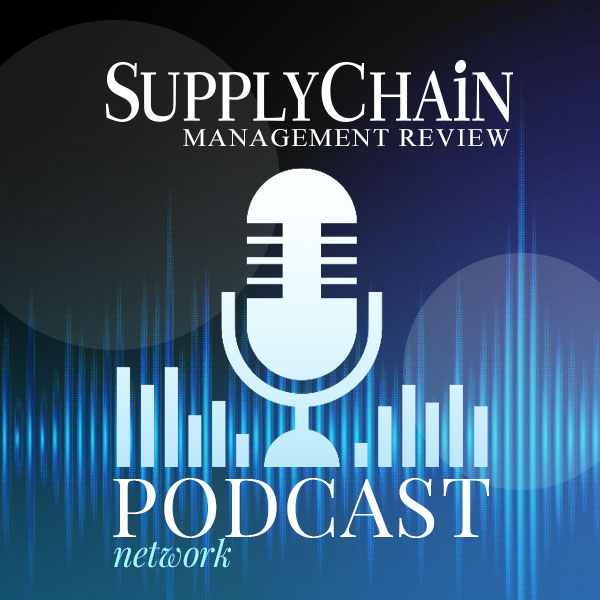Industry is shifting from “produce to compete” to “adapt to compete.” To make this happen, the technologies of the Fourth Industrial Revolution are about to tap into the greatest untapped and neglected resource: the labor force!
The Fourth Industrial Revolution will continue the democratization of technology. The Enlightenment and the Industrial Revolution began the shift of control over the means of production from the hands of monarchs and governments to corporations. The Industrial Revolution heralded the growth of worker and middle classes as automation multiplied the productivity of workers.
This trend will continue because the Fourth Revolution technologies distribute even more value creation to the workers. Steam, electricity, and the early internet all required substantial infrastructure investments at centralized points of production that had to be overseen by management, with logistics connecting companies to customers. The weakness has always been that management and points of production were not co-located with customers, driving companies to engage in complex planning and forecasting—no amount of which alleviates the regular practice of compensating customers for less-than-ideal offerings with lower prices resulting from economies of scale.
The Fourth Revolution will democratize and simplify supply chains because 3D printing and drones move production closer to customers, which will reinvent many modern distribution networks. Artificial intelligence will coordinate edge computing to identify trends and guide customers and workers.
Distributed value creation will mean more decision-making power by frontline workers, and that will enable more responsive supply chains. With more value (and wealth) generated at the frontlines, labor takes on more prominence. Successful supply chains will integrate more comprehensive financial, informational, analytical, and training support with frontline workers.
In other words, reaping the rewards of the Fourth Revolution will depend more than ever on leadership. The Fourth Industrial Revolution will make certain technologies pervasive—yet technologies do not motivate workers to contribute their best, and they do not create cultures of excellence. The future will go to those supply chain leaders who integrate the most forgotten supply chain component: its people.
SC
MR


Latest Supply Chain News
- How CPG brands can deliver on supplier diversity promises
- How S&OP provides the answer to in-demand products
- AI, virtual reality is bringing experiential learning into the modern age
- Humanoid robots’ place in an intralogistics smart robot strategy
- Tips for CIOs to overcome technology talent acquisition troubles
- More News
Latest Podcast

 Explore
Explore
The Academy News
- AI, virtual reality is bringing experiential learning into the modern age
- Predicting stockouts: Enhancing FMCG resilience through data-driven insights
- Finding the Right Approach for Supply Chain Education
- The Supply Chain Triad
- Innovating Supply Chain Higher Education with Generative AI
- How Smart Supply Chain Management Boosts Brand Identity
- More The Academy
Latest Academy Resources

Subscribe

Supply Chain Management Review delivers the best industry content.

Editors’ Picks





